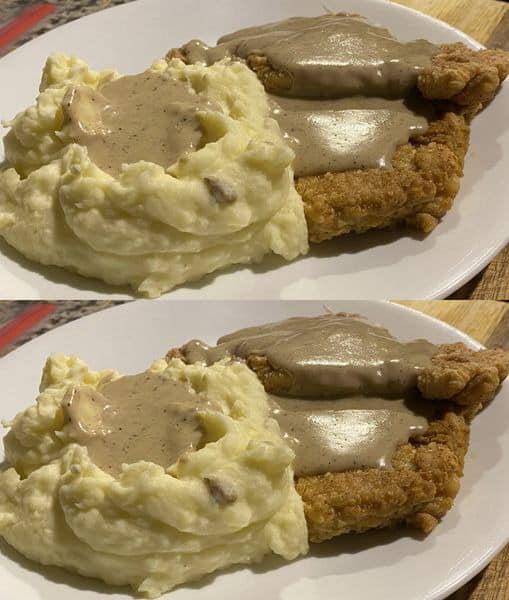ADVERTISEMENT
ADVERTISEMENT
Tools for Mashing Potatoes
For the best results, use a potato masher or a ricer. These tools help break down the potatoes without overworking them, which can make them gummy.
Adding Butter and Cream
Warm your butter and cream before adding them to the potatoes. This helps everything incorporate smoothly without cooling the potatoes down too much.
Enhancing Flavor
Seasoning Tips
Season your mashed potatoes with salt and pepper to taste. Start with a little and add more as needed.
Adding Herbs and Spices
Fresh herbs like parsley, chives, or rosemary can elevate your mashed potatoes. You can also add a pinch of garlic powder or nutmeg for extra flavor.
Avoiding Common Mistakes
Overmixing the Potatoes
Overmixing can make your mashed potatoes gluey. Mix just until everything is combined and smooth.
Using Cold Butter or Cream
Cold butter and cream can cause your potatoes to cool too quickly, leading to lumps. Always use them at room temperature or slightly warmed.
Alternative Methods to Steaming
Microwaving Potatoes
If you’re in a hurry, you can microwave your potatoes. Place them in a microwave-safe dish with a little water, cover, and cook until tender.
Baking Potatoes
Baking is another great option. It takes longer but can enhance the flavor of your potatoes.
Comparing Different Methods
Pros and Cons of Each Method
- Boiling: Quick but can lead to waterlogged potatoes and nutrient loss.
- Steaming: Retains nutrients and optimal texture but takes slightly longer.
- Microwaving: Fast and convenient but may not cook evenly.
- Baking: Adds flavor but is time-consuming.
Texture and Flavor Differences
Steaming and baking provide the best texture and flavor, while boiling and microwaving can be more hit-or-miss.
ADVERTISEMENT
Healthy Variations
Using Greek Yogurt Instead of Cream
For a healthier twist, try using Greek yogurt instead of cream. It adds a tangy flavor and cuts down on calories.
Adding Vegetables to the Mash
Incorporate vegetables like cauliflower or carrots to add nutrients and color to your mashed potatoes.
Serving Suggestions
Pairing Mashed Potatoes with Main Dishes
Mashed potatoes are versatile and pair well with roasted meats, grilled fish, or hearty stews.
Garnishing Ideas
Garnish with a pat of butter, fresh herbs, or a sprinkle of cheese for an extra touch.
Conclusion
In conclusion, steaming your potatoes instead of boiling them can make a world of difference. You get better texture, flavor, and nutritional value. So, next time you’re making mashed potatoes, give steaming a try. Experiment with different techniques and find what works best for you.
ADVERTISEMENT
FAQs
Why shouldn’t you boil potatoes for mashed potatoes?
Boiling can make potatoes waterlogged and lead to nutrient loss, resulting in less flavorful and mushy mashed potatoes.
What is the best potato for mashing?
Russet and Yukon Gold potatoes are the best for mashing due to their starch content and texture.
Can you use a blender to mash potatoes?
Using a blender can overwork the potatoes and make them gluey. It’s better to use a potato masher or ricer.
How can you make mashed potatoes healthier?
Use Greek yogurt instead of cream and add vegetables like cauliflower or carrots to boost the nutritional value.
How do you store leftover mashed potatoes?
Store leftover mashed potatoes in an airtight container in the refrigerator for up to three days. Reheat gently to avoid drying them out.
ADVERTISEMENT
